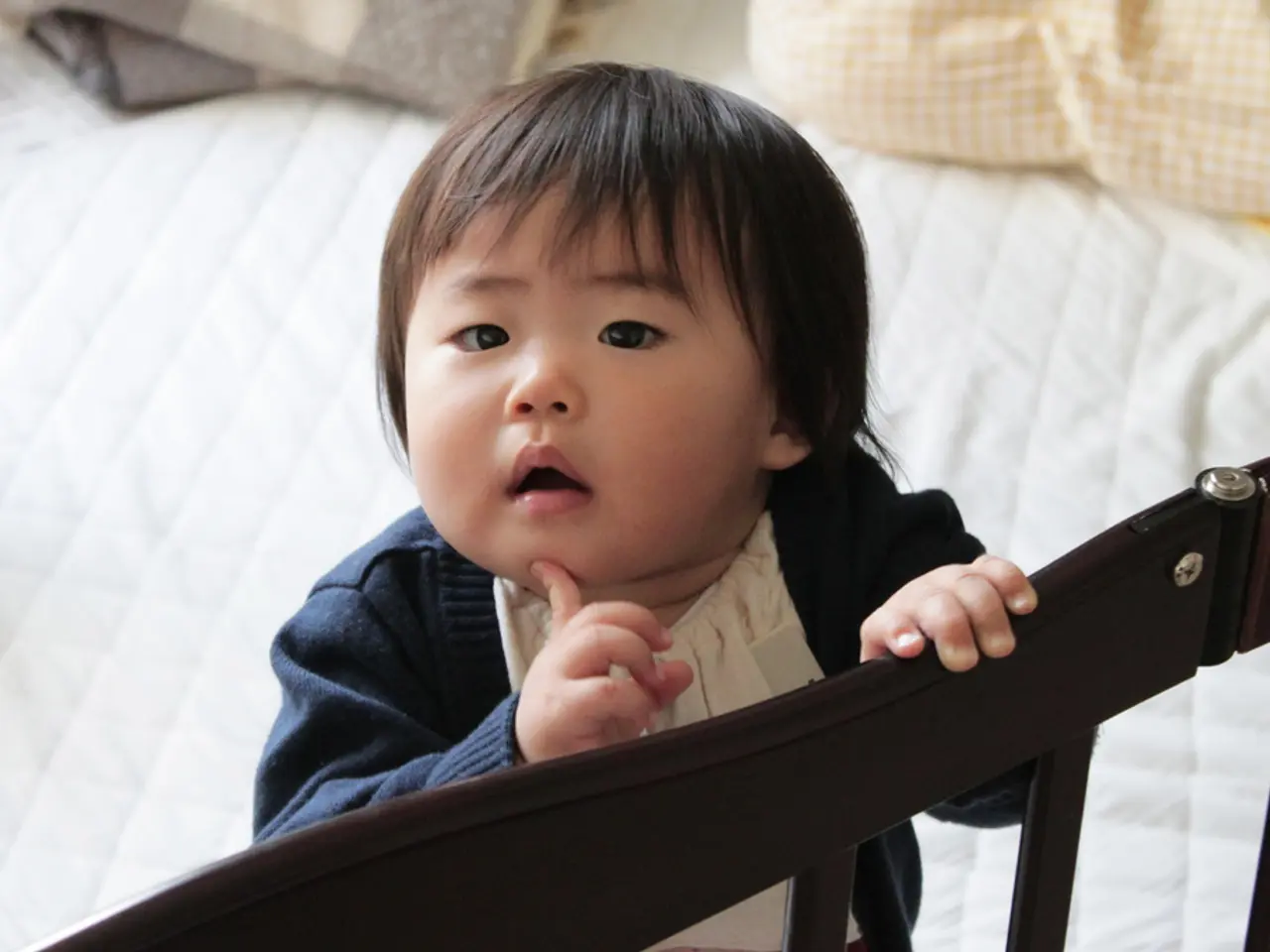Considering Anxiety Management Options for Your Child: Medication as a Possibility
In the realm of childhood mental health, anxiety is a common issue that affects around 7% of children and adolescents at any given time. This article aims to provide a clear and informative overview of the treatment options available for childhood anxiety, focusing on cognitive behavioral therapy (CBT) and medication.
Cognitive Behavioral Therapy (CBT) is often the first-line treatment for childhood anxiety, effective for children as young as 4 years old. This therapy allows younger children to process emotions in developmentally appropriate ways through play, art, games, and age-appropriate conversations. CBT focuses on helping children recognize distorted thinking and gradually face anxiety-provoking situations, using techniques like behavioral exposure.
Including parents in CBT is highly recommended, coaching them to support exposure and adjust parenting styles to be less overprotective and anxious. This benefits symptom reduction. For autistic children, modular CBT programs personalized by caregiver ratings are used to address anxiety alongside developmental considerations.
Medication is typically considered in more severe cases, treatment-resistant anxiety, or when CBT alone is insufficient. Antidepressant medications, such as Selective Serotonin Reuptake Inhibitors (SSRIs), have been used successfully from age 6 onward but are typically reserved as a last resort due to health concerns.
When anxiety symptoms are significant and impairing, combining CBT and medication may be the most effective approach. Clinical guidelines often recommend this combination, tailoring the approach to symptom manifestation and individual characteristics. Medication decisions also factor in family situation and the need for rapid symptom relief when anxiety severely disrupts functioning.
In practice, clinicians assess symptom profiles, child developmental status, family dynamics, and prior treatment response to personalize the therapeutic plan. CBT is the foundational treatment across ages, with medication reserved mainly for more severe or persistent cases given concerns about safety and the need for specialist monitoring. Parental involvement is consistently emphasized as critical to successful treatment outcomes.
In summary, the clinical framework for treating childhood anxiety is a stepwise, individualized approach emphasizing CBT first, parental engagement, and incorporating medication selectively based on age, symptom severity, and family context. It's crucial to understand that medication should be gradually reduced under medical supervision as the child learns and practices emotional regulation skills.
Remember, getting a child's buy-in for treatment makes it more effective. Essential questions to ask a child's provider include specific treatment goals, timelines, side effects, and aftercare plans. If a child is experiencing frequent panic attacks, severe mood episodes, explosive behavioral outbursts, or anxiety that disrupts basic functioning, a medication evaluation may be necessary.
If you find yourself in need of a referral to a child psychiatrist, don't hesitate to ask. Working with knowledgeable mental health professionals who understand childhood anxiety treatment is important. It's also essential to remember that medication is not a long-term fix or replacement for coping skills, but serves as a tool to bring anxiety down to a manageable level.
Up to one in three people experience an anxiety disorder in their lifetime. If you suspect your child may be struggling with anxiety, it's important to seek help and understand that many children do benefit from medication. With the right treatment, children can learn to manage their anxiety and lead fulfilling lives.
In the scope of childhood mental health and health-and-wellness, Cognitive Behavioral Therapies (CBT), being a crucial part of the treatment framework, are effective for young children as young as 4 years old, focusing specifically on childhood anxiety. On the other hand, medication is often considered for more severe cases, treatment-resistant anxiety, or when CBT alone is insufficient, particularly from age 6 onward. These treatments, when combined, can lead to the most effective outcomes in managing childhood anxiety. It's important to understand that Medicaid (Medicare) may cover some of these therapies and treatments for eligible families.




